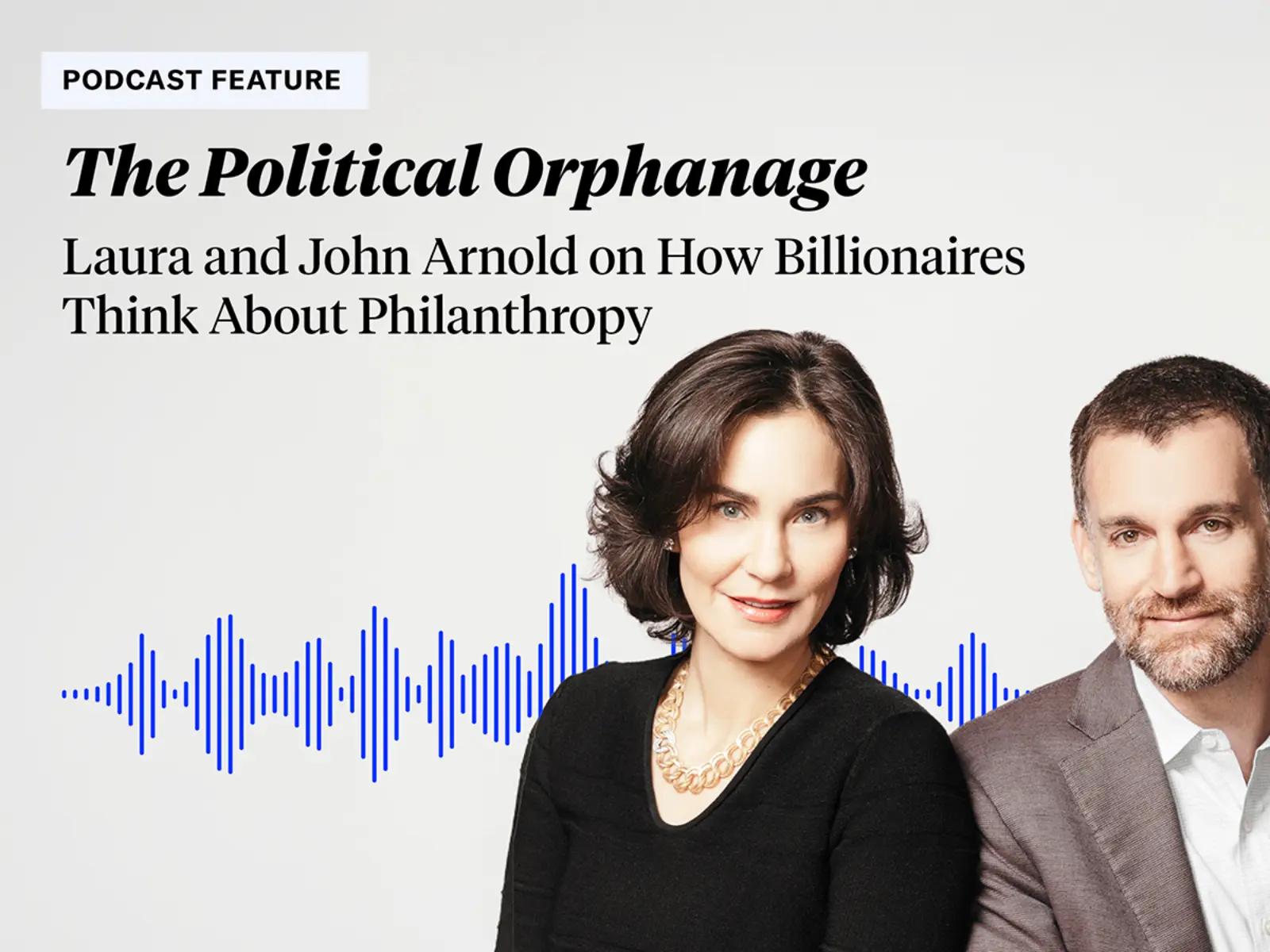When Xavier met his “Big Brother” Weldon in 2018, Xavier, then 12, felt lost. “Like my life wasn’t gonna go anywhere,” said Xavier, who lives in Houston and was matched with Weldon as part of the Big Brothers Big Sisters (BBBS) community mentoring program.
But Weldon, who works as a counselor at Houston Community College (HCC) in addition to volunteering as a “Big,” saw in Xavier a young Black man with talent, curiosity, and plenty of passions — especially in the arts. The two hit it off quickly.
At the start of Xavier’s seventh-grade year, Weldon attended his Little Brother’s school orientation and met his teachers. Before long, Weldon took Xavier to tour the graphics department at HCC and meet the faculty. They visited the library together every two weeks and regularly volunteered at BBBS celebrations. That was just the beginning.
Four years later, Weldon calls his “Little” one of the “most positive kids I know.”
“Xavier has always been open to trying everything I threw at him — he never ran away or said ‘no,’” he said. “He’s still in a learning process, but he knows now what he likes and what he doesn’t, and he feels more confident about the future.”
Relationships like Xavier and Weldon’s point to the power of the BBBS model, built on the premise that a caring adult outside of the family can make a positive mark on the life of a child. Big Brothers Big Sisters of America (BBBSA) touts the ability of a “one-to-one” mentoring relationship to impact academic achievement, self-esteem and social competence and keep kids away from risky behaviors.
A new report, presenting interim findings from research conducted over four years on over 1,300 youth, provides clear evidence of that impact, specifically on delinquency and crime prevention. The randomized controlled trial (RCT) was conducted out of the University of Illinois Chicago and supported by Arnold Ventures.
“The results are a noteworthy addition to a very persuasive body of evidence that pairing a young person with a caring adult from their community can truly make an important difference in their life,” said the report’s lead researcher David DuBois of the Institute for Health Research and Policy at the University of Illinois Chicago.
He cautions, however, that “This idea, while simplistic at its core, is quite complex in its operationalization and necessitates the careful orchestration and professional staff support that is possible through programs such as Big Brothers Big Sisters.”
The results are a noteworthy addition to a very persuasive body of evidence that pairing a young person with a caring adult from their community can truly make an important difference in their life.David DuBois Institute for Health Research and Policy at the University of Illinois Chicago
Created over a century ago to stem juvenile delinquency, BBBSA is the largest youth mentoring organization in the United States. Bigs and Littles spend time together a few times a month, doing whatever they choose. In 2020, over 230 BBBSA agencies served more than 100,000 youth nationwide, the vast majority of them between 9 and 18 years old from communities of color.
“The approach is to put kids at the center with a caring, positive adult mentor and the support of an ecosystem surrounding them — resources, experiences and opportunities,” said Artis Stevens, president and CEO of BBBSA.
In the early 1990s, the Philadelphia-based national research organization Public/Private Ventures conducted the first-ever rigorous evaluation of the program, measuring impacts on some 950 boys and girls from eight BBBS agencies across the country; about half were matched with mentors. The results were impressive: After 18 months, those who had been offered participation in the program were 46% less likely to begin using illegal drugs, had 32% fewer incidents of hitting someone, and had skipped 52% fewer school days.
In 2016, DuBois and researcher Carla Herrera proposed an updated RCT of the program. DuBois has published and taught widely on the impact of mentoring relationships for youth and even served as a “Big” himself. “I was interested in seeing if the study results had stood the test of time,” he said about the program.
The researchers worked with 17 BBBS agencies across the country to ensure a representative cross-section of participants. Beginning in 2018, over 1,300 youth study participants were randomly assigned either to be offered participation in the program (the BBBSA group) or to a control group that would not receive a mentor until the end of a four-year study period. Youth and their parents completed surveys both at the beginning and end of the 18-month period. (Many are also now completing four-year surveys, which will measure longer-term results.)
The new study found that after 18 months, youth in the BBBS group were 54% less likely to have been arrested and 41% less likely to have engaged in substance use than their peers in the control group, effectively replicating the results found in the earlier study. The study also found that youth in the BBBS group also made significant improvements in areas including aggressive behavior, self-control, social skills, grit, self-advocacy, family functioning and school engagement.
After 18 months, youth in the Big Brothers Big Sisters group were 54% less likely to have been arrested and 41% less likely to have engaged in substance use than their peers in the control group
“This is the promised land of evidence,” said Arnold Ventures’ Director of Evidence-Based Policy Amanda Moderson-Kox. “This is now the second time that Big Brothers Big Sisters has been found to produce meaningful effects on important outcomes like these in an RCT. The earlier RCT was conducted in the 1990s, involved over 1,000 youth, and found sizeable effects on substance use and violent behavior after 18 months. There are many examples of programs that are found effective once and are not able to replicate the results again for many different reasons. To find a program has produced such impact, in two different studies, across very different settings is both rare and exciting.”
The final report in 2024 will share findings from the four-year survey in addition to impacts measured with data from official arrest records for both the 18-month and four-year follow-ups.
Stevens said the results are a ringing endorsement of the mentorship connections happening every day — which ultimately ripple out beyond a mentor and mentee.
“We’ve seen firsthand how the power of mentorship can not only change the life of a young person but impact an entire community, a whole generation, by breaking societal barriers, closing opportunity gaps and overcoming adversities embedded in communities nationwide,” he said.
It helps explain why relationships like Weldon and Xavier’s continue to thrive and grow, even in spite of myriad challenges. During the COVID-19 pandemic, they connected over Zoom or on the phone until it was safe to meet in person. And when Xavier, now 16, was placed in foster care for a time, Weldon was there to visit every two weeks. The two still meet regularly.
Said Weldon, “My message has always been: ‘Hey, I’m not giving up on you.’”














